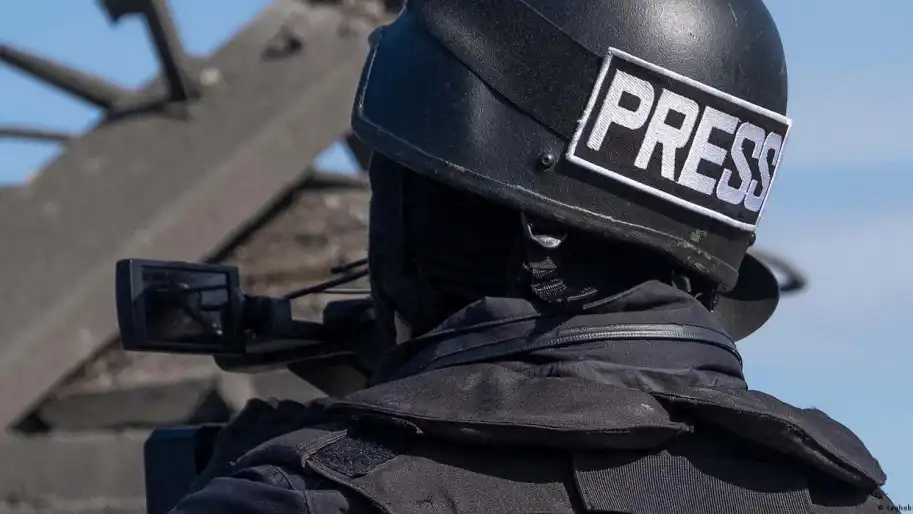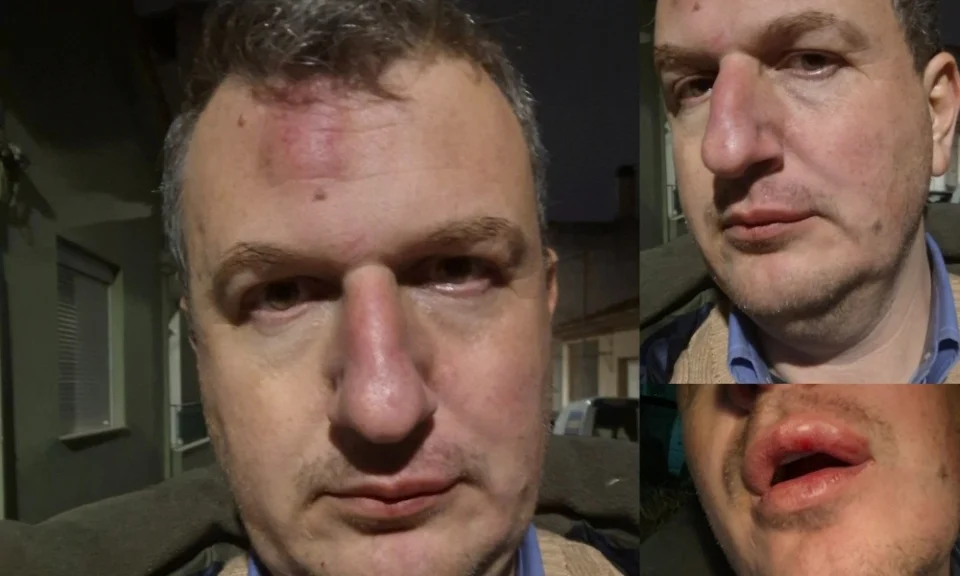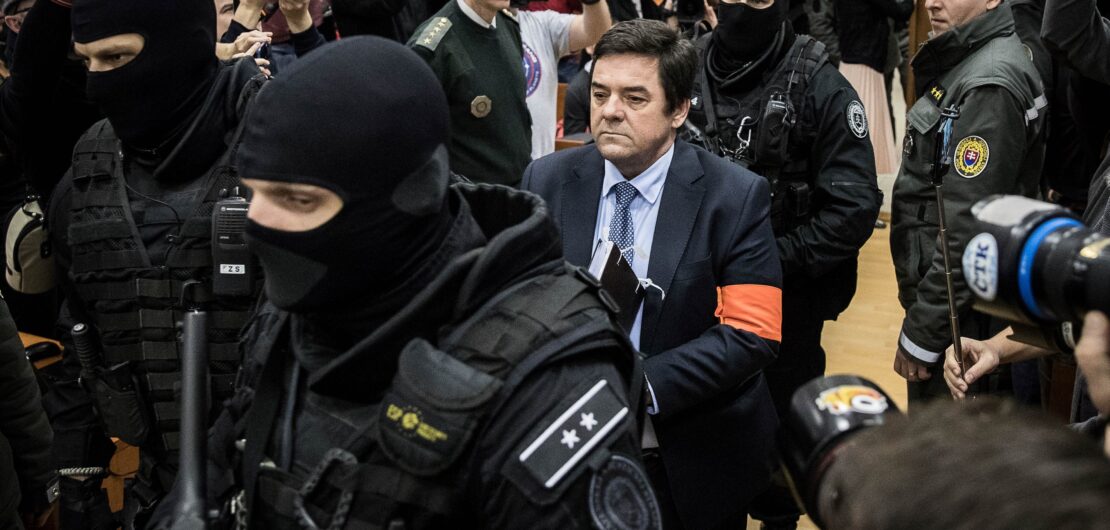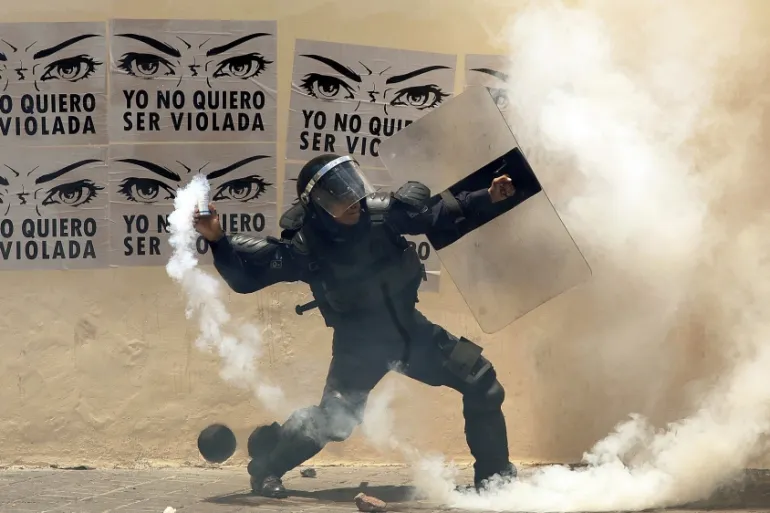
Pressures Intensify on Honduran Independent Media Outlet Criterio.hn
November 10, 2025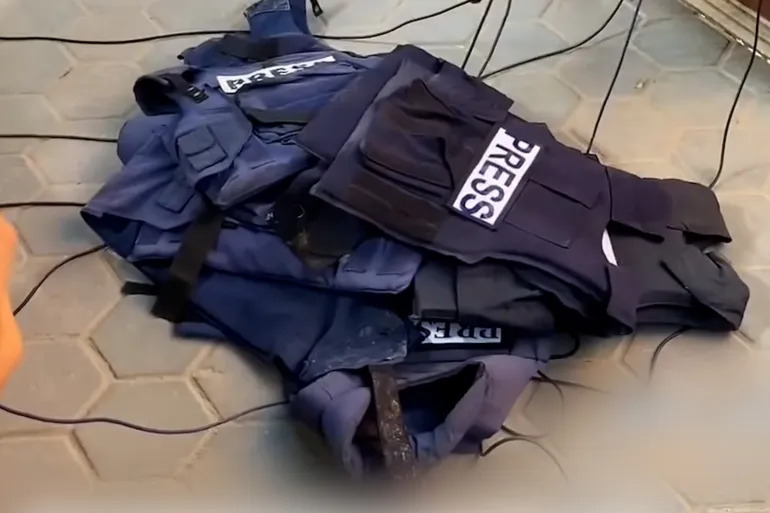
Journalist Mustafa Ayyash Faces Extradition to Austria in Major Press-Freedom Case
November 11, 2025November 11, 2025 – Russia/Ukraine –
The Ukrainian parliament, the Verkhovna Rada, has initiated the creation of a temporary investigative commission to probe violations committed by Russian forces against journalists during the ongoing war. The proposal, outlined in a draft parliament resolution, was submitted for consideration on November 13, 2025. The commission is tasked with collecting evidence, identifying perpetrators, and recommending measures for accountability and media protection.
The initiative was welcomed by the Institute of Mass Information (IMI), which noted that the resolution responds to growing concern over the scale of targeted attacks on Ukrainian journalists since the full-scale invasion began. According to IMI, dozens of media workers have been killed, injured, or abducted in occupied territories, while others have operated under constant threat of violence or censorship. The institute called the proposed commission a “necessary step in documenting and responding to wartime crimes against the press.”
Under the proposed mandate, the commission would examine incidents occurring from February 2022 onward, focusing on assaults, kidnappings, detentions, and restrictions placed on media professionals by Russian military or proxy forces. It will be empowered to request testimony, review classified documentation, and cooperate with international bodies such as the International Criminal Court and UN human-rights mechanisms to support prosecutions and reparations. The draft resolution affirms that protection of journalists is an integral part of Ukraine’s wider security and media-freedom strategy.
Observers highlight that while legislative action has been taken to protect journalists in Ukraine, this marks the first time parliament has explicitly established a mechanism dedicated to documenting wartime crimes against media workers. The timing coincides with increased calls from global press-freedom organisations for more robust mechanisms to address the impunity surrounding attacks on journalists in conflict zones.
If enacted, the commission could become a key instrument not only for accountability but also for shaping policy on journalist safety in active war zones. However, its effectiveness will depend on operational independence, access to front-line data, and cooperation with international investigators. Without these, the risk remains that many violations will continue to go unaddressed, prolonging the cycle of danger and impunity for journalists covering armed conflict.
Reference –

